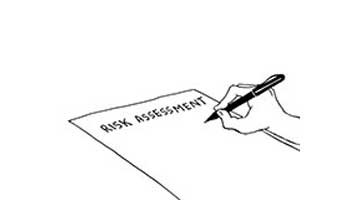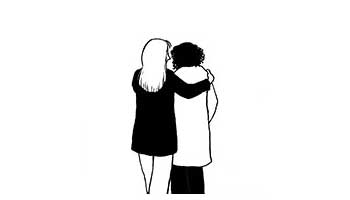
Training
Domestic Abuse Multi-Agency Awareness and Practise training. These services include be-spoke training packages and are available on all aspects of Domestic Abuse. Sharon is a qualified facilitator of The Freedom Programme and can provide a 1 day training package on the programme to professionals.

Risk Assessment
Sharon has extensive experience in risk assessing using the DASH risk assessment model. One of the initial pieces of work Sharon carries out with women is a risk assessment and background report which can be used to inform Children’s Services departments and Child Protection Chairpersons.

Client Engagement, Intervention and Support
Sharon has experience and skill in engaging hard to reach clients. Intervention includes risk assessment, referral to MARAC, safety planning, empowerment work and The Freedom Programme.. This service includes support and accompaniment to court – civil and criminal, housing, solicitors, and emotional support. Sharon will also support women at Child Protection Conferences and Core Group meetings. Support packages are tailor made to meet the needs of the referrer.

The Freedom Programme
Sharon is a qualified facilitator of the Freedom Programme and can facilitate the programme in a group or one to one setting. The Freedom Programme runs for 11 weeks and is usually best run in groups of 6-8 women. Some women do not feel able to share their experiences in front of others. Therefore Sharon also runs the programme on a one to one basis with individual women. See more about The Freedom Programme on the dedicated web page of this website.

Expert Witness in civil/criminal court
Sharon has, on many occasions been an expert witness during civil and criminal court hearings and trials. This has either been in relation to clients she is working with or in a consultative capacity. An expert witness is often needed when there are civil proceedings around child contact or edge of care cases whereby children have been emotionally and/or physically impacted upon by the abuse they have witnessed. Sharon is able to give clear, concise information on the complexities of domestic abuse and the effects of it on women and children.

Public Speaking
Sharon has 22 years experience of public speaking. This has included telling her own story of the abuse she experienced in order to raise awareness of Domestic Abuse and speaking at strategic level to inform and educate other professionals in the complexities of Domestic Abuse. Sharon has vast experience of media work. She has written articles for newspapers and has appeared on radio and television to promote services and raise awareness. She tells her own story of domestic abuse in the book ‘Getting Out’ which is featured on the book page.

Mentoring and Supervision
Sharon has mentored and supervised many student social workers during their work placements. These services will involve them shadowing Sharon and learning how to risk assess and refer to MARAC. Many social workers do not have extensive training in domestic abuse awareness and practise. This can lead to non engagement of clients and can sometimes result in dangerous repercussions for women and children who are experiencing the abuse. It is vital that social workers know and understand best practise in this field of work and Sharon has an excellent reputation for providing both student and qualified practitioners with the skills they need to safely engage and work with families where abuse is a feature. She can also provide clinical supervision for practitioners who come into contact and work with women who have or are experiencing domestic abuse.

Policy, Protocol and Procedure Writing
Sharon has extensive experience in writing and implementing policy and procedures for domestic abuse work. Sharon has in the past written policies and procedures for a single homeless organisation, which supported single women experiencing domestic abuse and were homeless as a result. She also wrote all the policies and procedures for the first IDVA service in Westminster, London, when she developed and managed that service. After sitting on one of the first Domestic Homicide Review panels in 2005, and trying to find a Homicide Policy which she could implement into the IDVA service, she could not find one in existence, and so developed one which she shared with CAADA (now SafeLives).

